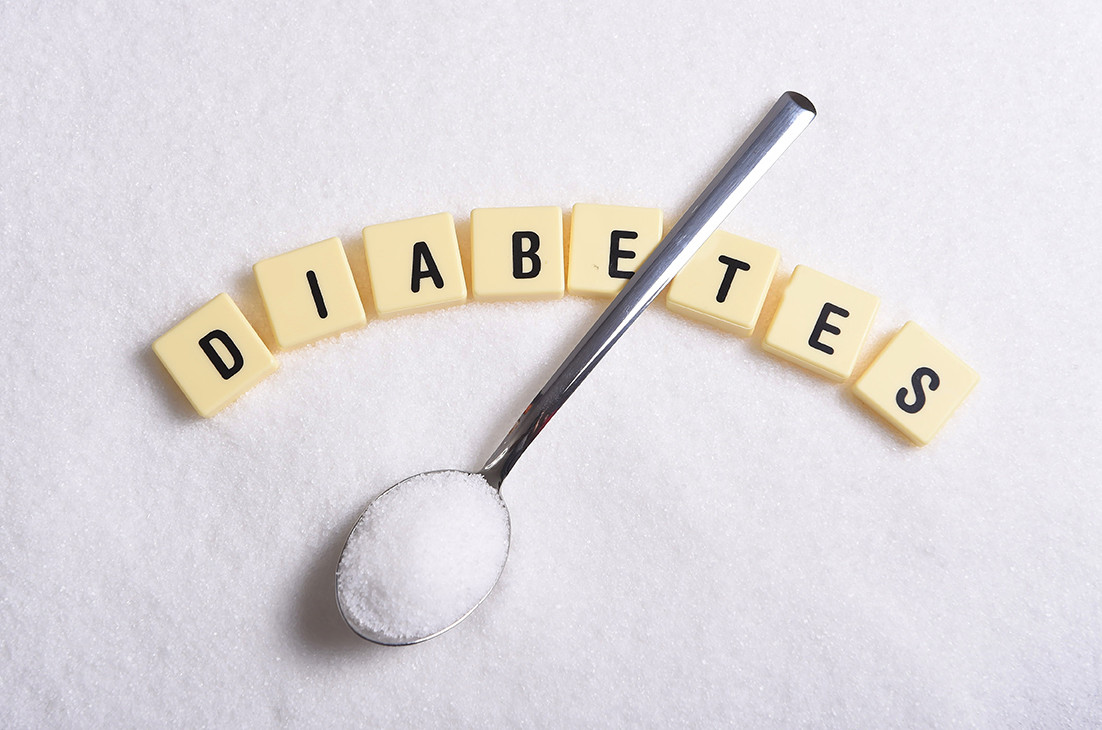Diabetes mellitus occurs in three forms – type 1 diabetes, type 2 diabetes, and gestational diabetes. Most people only know that diabetes causes excess urination and thirst. Diabetes is a major killer when it comes to the number of hospitalizations it leads to. Did you know that the earliest reference of diabetes happened in 1500 BC?
Here are a few interesting facts regarding diabetes.
The World Diabetes Day is on 14th November every year.
There are more than 73 million people with diabetes in India. Most of these people are from ages 20 to 79 yrs.
By 2040, there would be around 642 million people with diabetes in the world.
The highest age group with diabetes in the world are between 40 to 59 yrs.
The age of incidence of diabetes has come down drastically. More and more children and adolescents are diagnosed with diabetes.
46% of people with diabetes are not aware that they have diabetes as the classic symptoms of diabetes like extreme thirst or urination do not show up.
Diabetes is the leading cause of blindness, non-trauma related foot amputations and end-stage kidney diseases along with increased risk of Alzheimer’s disease and cardiovascular diseases.
Though type 1 and type 2 are called diabetes, the mechanisms of the diseases vary vastly in the molecular level.
Type 1 diabetes is an autoimmune disease where the cells of the immune system destroy beta cells of the pancreas that produce insulin.
Type 2 diabetes is the result of the cells of the body becoming resistant to insulin triggering certain mechanisms which leads to higher blood glucose levels.
Obesity, physical inactivity, bad dietary choices and genetic predisposition increase the risk of diabetes immensely.
Avoiding smoking, and restricting the intake of alcohol reduces the risk of diabetes significantly.
A physical activity of at least 30 minutes a day with activities like swimming, walking, or jogging reduces the risk of type 2 diabetes by 40%.
For people with diabetes, a diet full of fresh vegetables, fruits, whole grains, poultry and fish is advised while consumption of refined sugars and saturated fats is not advised.
Self-monitoring of blood glucose levels, periodical medical checkups, and adherence to treatment plan allows a person with diabetes to lead a normal life.











